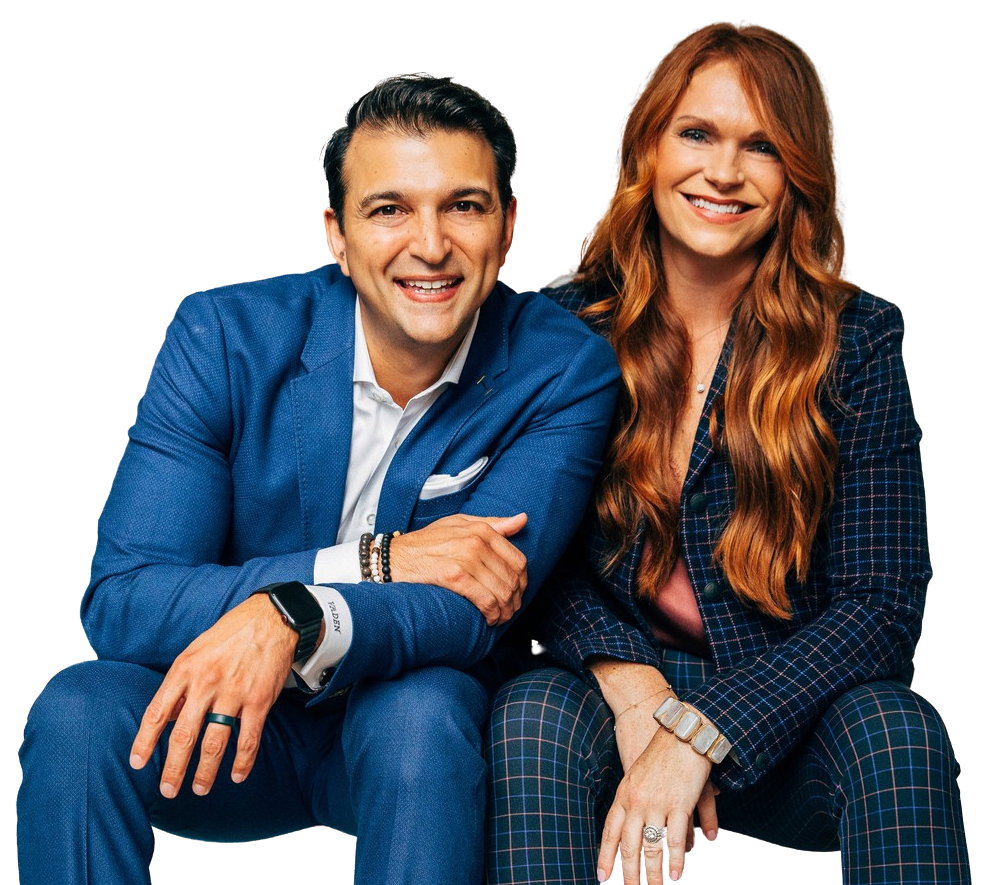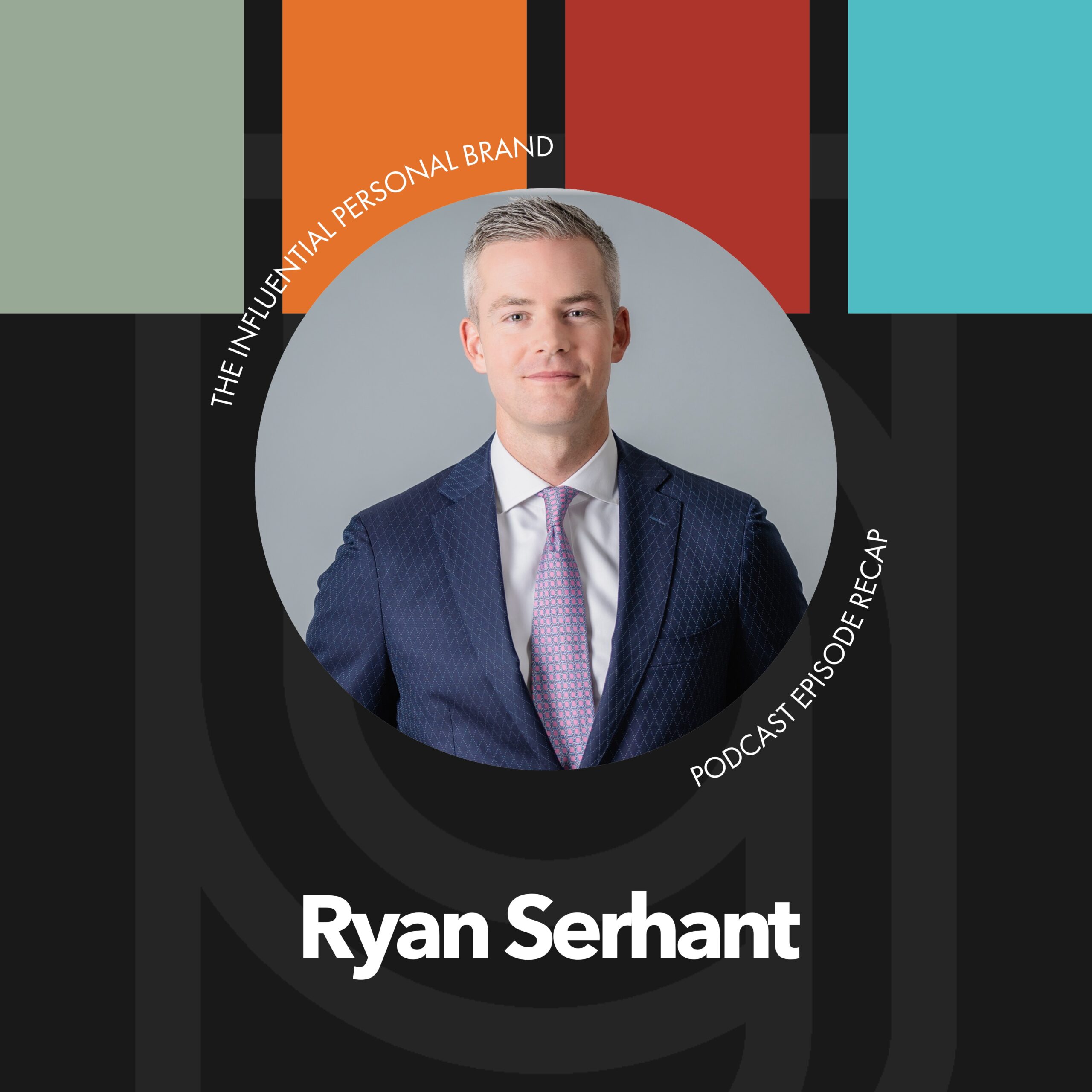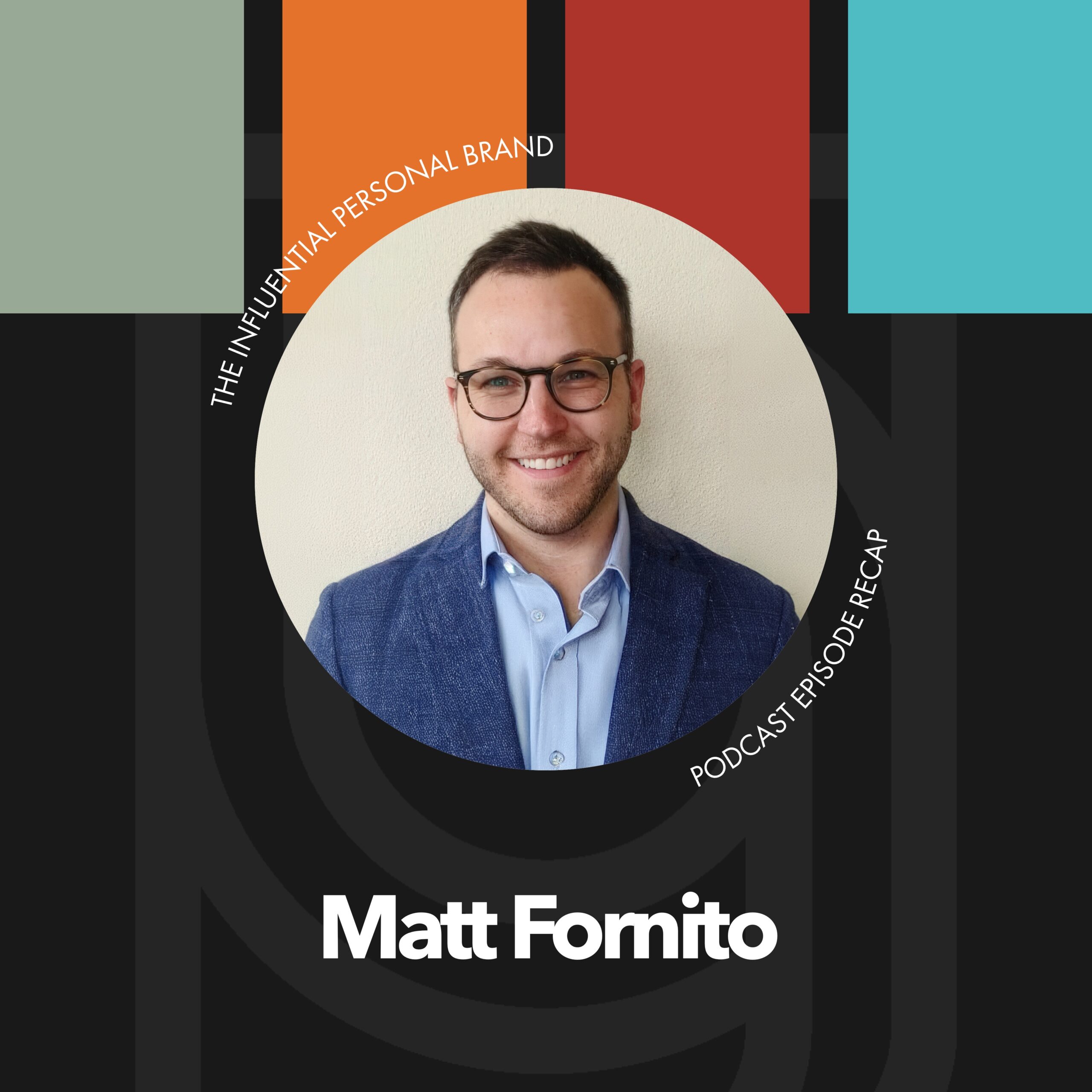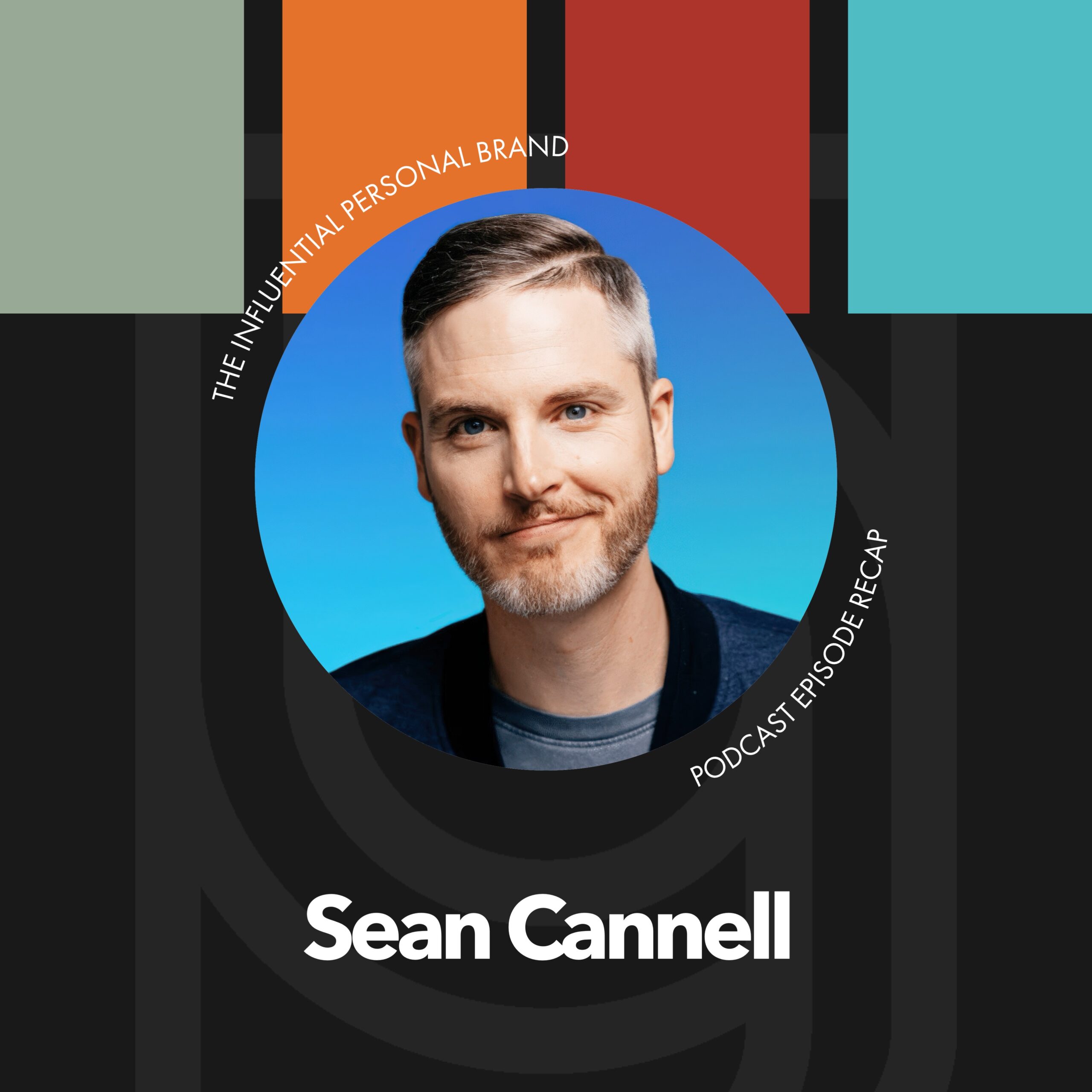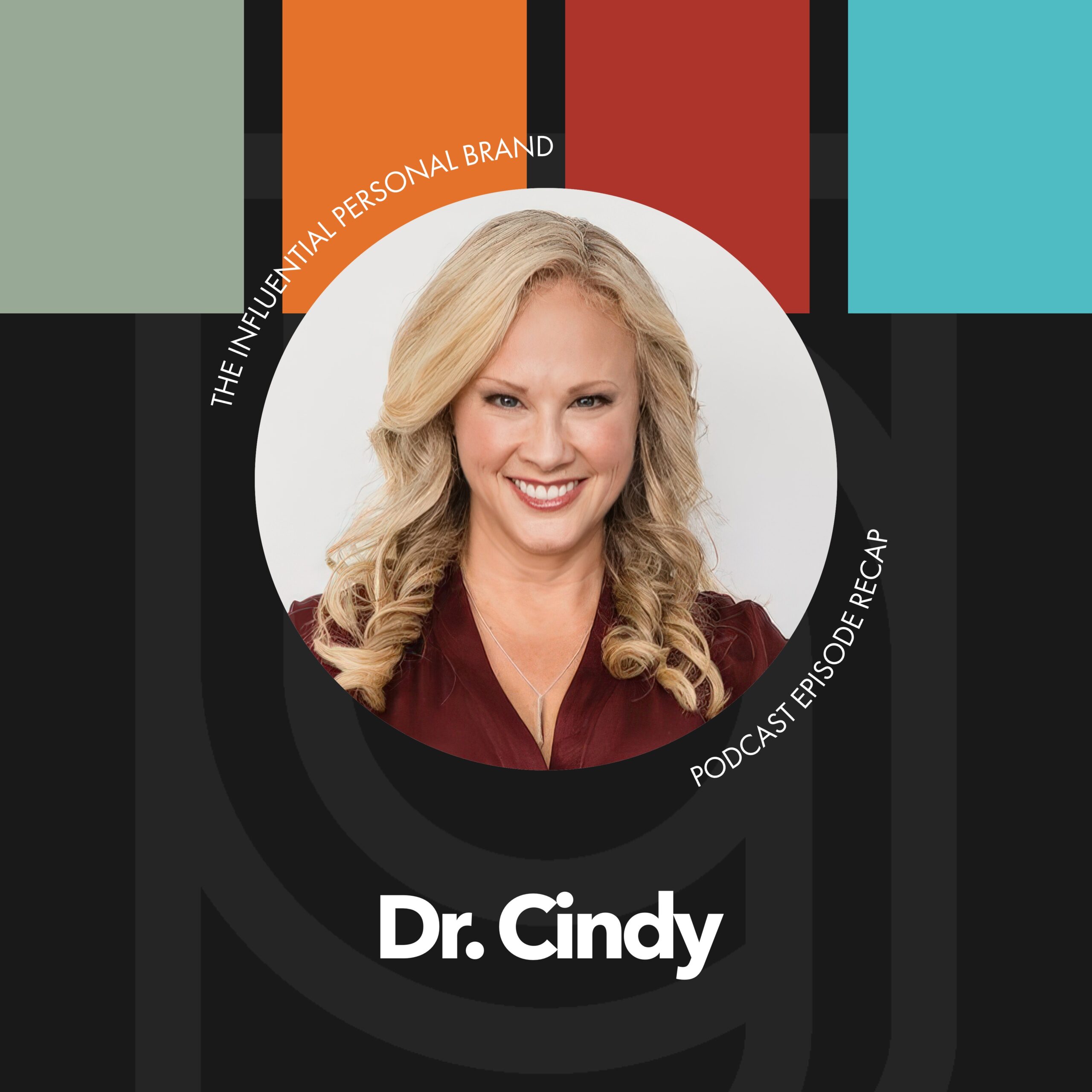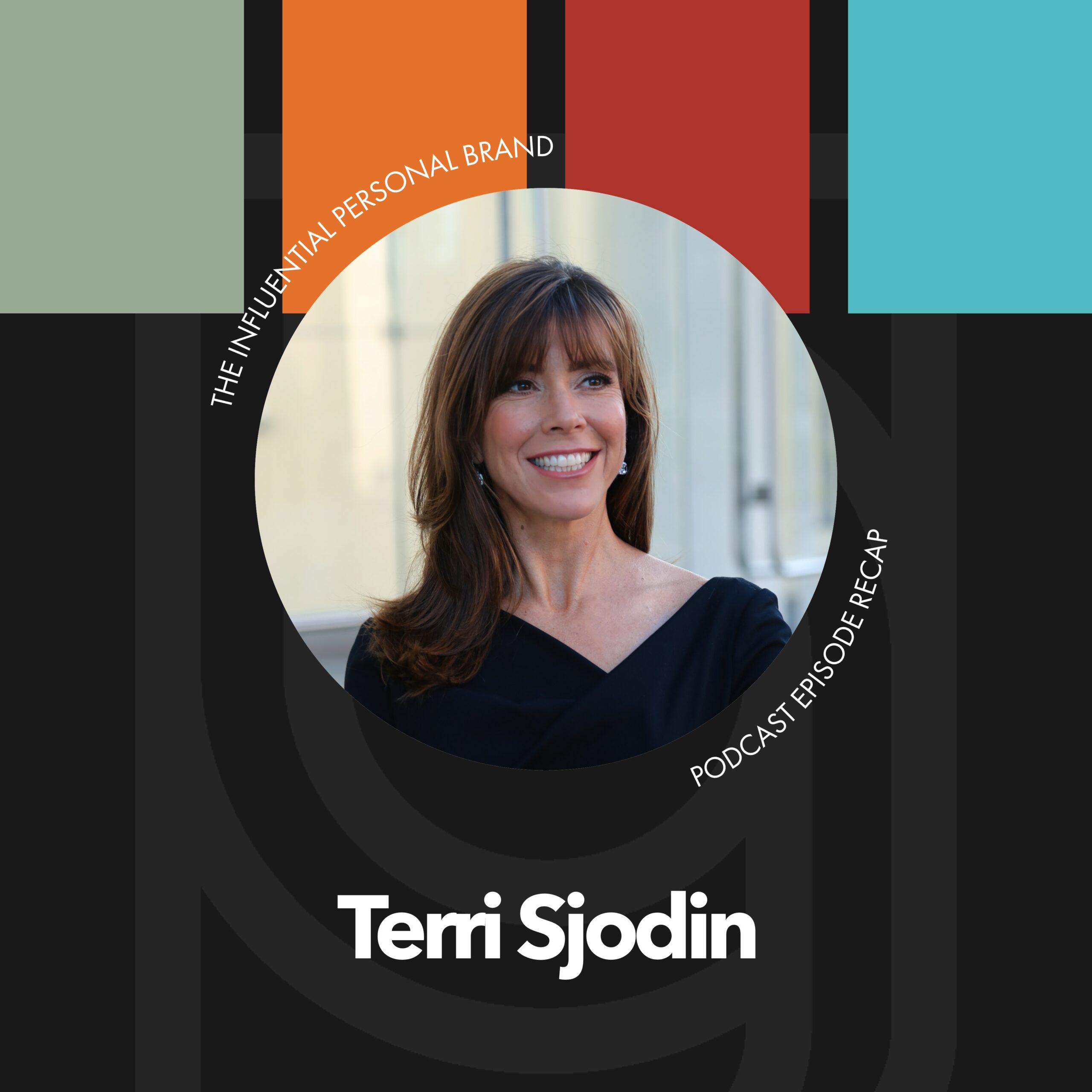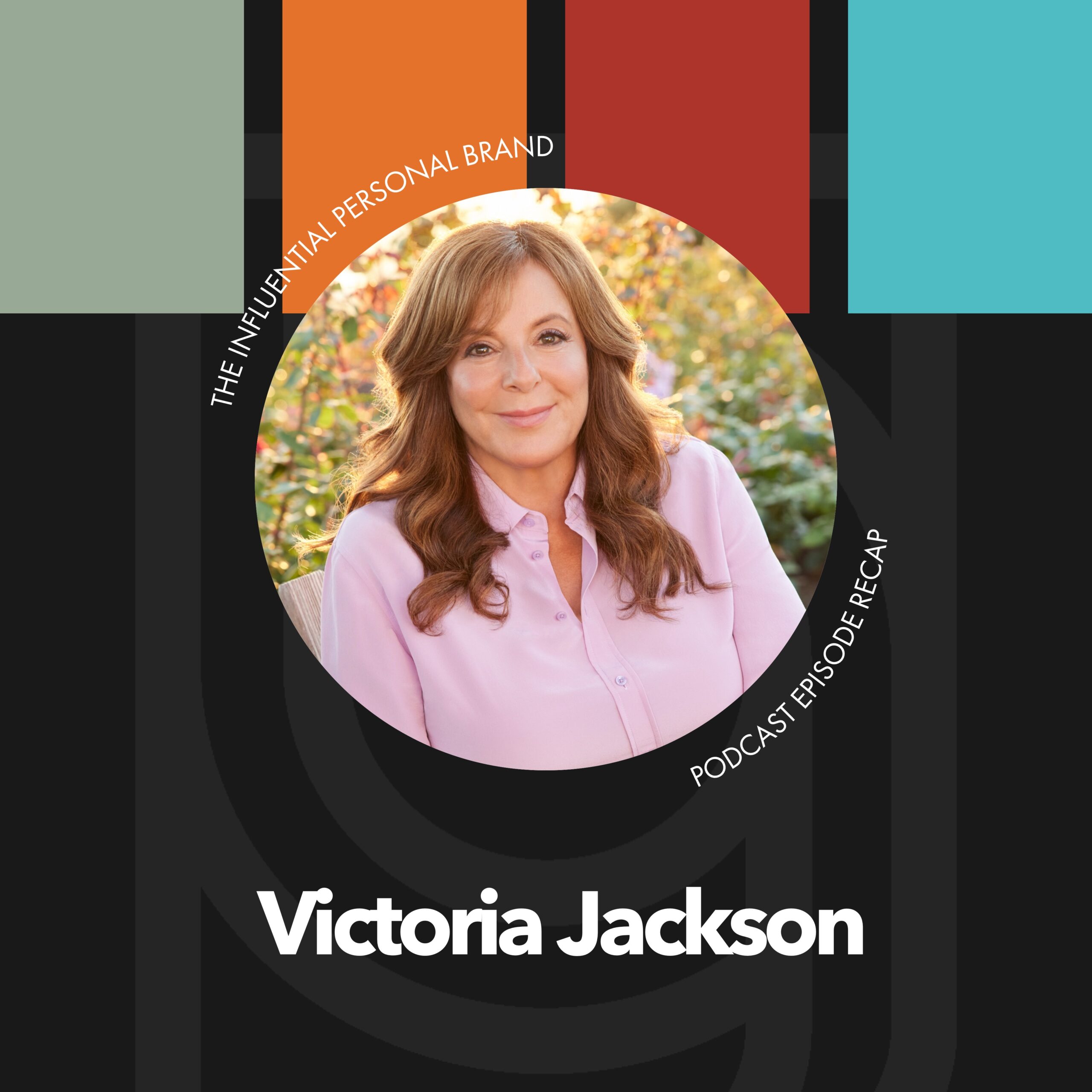RV (00:01):
We tend to fail more from fear and humidity than we do from over daring. That was one of my favorite lines from the interview that I did recently with Dr. Margie today I’m breaking down doing the podcast recap of that episode, sharing with you my top three highlights, um, for on that interview, which was powerful and it affected me. And so I’m excited to share that with you. And, uh, before I dive into that, I wanna let you know of a little bit of a, of a forthcoming change, a little modification that we’re making here with, um, the podcast. It, it’s gonna roll out here over a few weeks, but, um, I’m gonna be doing, uh, this recap by myself and then the next couple by myself, and then starting here in like four or five episodes what’s gonna happen is we’re still gonna do the podcast twice a week, but I will do an interview.
RV (00:54):
And then the, the recap of that interview will be on the same episode as that interview. And then our second episode, every we’ll be AJ doing an interview by herself, uh, with the guest and doing her own recap of her own interviews. So just wanted to let you know about that kind of exciting slight modification just to the way that the episodes are gonna be happening. And so for the next few weeks, you’re gonna see me, um, just by myself or be here in for me just by myself. So, um, on with the recap for this, uh, episode, this interview with Dr. Margie, um, I loved this. This was something that I personally needed and I, I had lots and lots of, of, of great takeaways. And the first takeaway is to what I was just talking about is you have to think of things as an experiment there, like your business is something that you have to view as an experiment instead of like it’s a success or a failure.
RV (01:55):
If you view it as an experiment, it, it puts you in this, this mindset kind of more of the right mindset that it takes to be successful because you go, oh, I’m gonna try things, knowing that some of the things aren’t gonna work and the reason, and knowing that that’s part, that’s part of the plan, like, you know, ahead of time, that it is by design, that you’re doing trial and error, and you’re figuring things out as you go versus this mindset, this mentality of living in this world of like, I have to be successful and everything I do has to work all the time. Otherwise it’s not gonna work. And it’s, it’s kind of this, this, this ultimatum like this, this very ultimate destination that we place ourselves in and this pressure that we put on onto ourselves and, and onto the people around us, like the people that work with us and the vendors and the contractors of like this must work or else, right?
RV (02:51):
Like, or else it’s over or else it’s done or else, you know, I’m gonna, I’m gonna, I’m gonna be lost. I’m gonna fail. I’m going, I’m gonna let everybody down. And instead of kind of operating with, I, I guess that sort of definitive, it’s saying, Hey, let me view this as an experiment, I’m gonna constantly be iterating. I’m gonna constantly be adapting. I’m gonna be evolving. I’m gonna be trying things and seeing what works and then modifying from there. And that really hit me hard because especially if you’re a, if you’re a perfectionist, like, like I am and I’ll go ahead and claim AJS one too. Um, even though she’s not here, I, I, I feel pretty confident at this point, um, that I could say that comfortably with her and she wouldn’t take issue with it. So that if you’re a, if you’re a perfectionist, you are, are likely to be overly cautious because everything needs to be perfect.
RV (03:48):
Everything needs to be planned, everything. Um, you, you operate from this, this, this very calculated standpoint of like, I want all these things to work the, but, but to what Dr Margie’s point was in that interview, which really hit me, was most of us are, are overly cautious, right? Like the fear being an entrepreneur is, is even like, oh gosh, you know, I don’t know, like that seems like a big risk. And, and, and to some extent it is, uh, certainly riskier than maybe that you a more risk than the average, just the average citizen might take on. But the, that is what holds us back is is that just that kind of fear and that, that need for certainty and precision and accuracy, and for knowing what’s gonna happen before it happens. That is what holds a us back from being able to take the chances, take the risks, make the changes that are really going to, to unlock exponential growth.
RV (04:52):
And, you know, as, as she, she said, we fail far more from timid than we do from over daring. I think that line will stick with me personally from Dr. Margie and, you know, so treat it as an experiment, treat your business, your brand as, as an experiment, rather than like a test that you have to get, you have to get, right. And that there’s like a right or wrong answer. So I thought that was really good. Um, my second takeaway was something that we talked a lot about at brand builders, and it was edifying to me to hear her say the same thing. And this was what she said, you know, verbatim. I had to demonstrate my value before people would pay me. And so we were talking specif about how do you, how do you start your career as a speaker, right. Um, and we tell people all the time, whether you wanna be a professional speaker, like a paid speaker or not, it, it doesn’t matter.
RV (05:54):
Giving free presentations is a huge piece of marketing. It is the, it is the fastest way to take someone from a complete stranger to a lifelong fan is like this, this, you know, a presentation, a, a, a training class. And there’s different things that you call it. You could call it a, a podcast interview. You could call it a webinar. You could call it a video funnel of, you know, three short videos. You could call it a, a, a seven day challenge funnel and have, you know, 10, seven minute videos. Like there’s all these things that you could call it. But the fact of the matter is, is that that people have to have a chance to sample you. They have to have a chance to try you before they buy. They have to, they have to get exposed to you before they can feel comfortable purchasing from you.
RV (06:44):
If they don’t know you, if they don’t recognize you, if they’ve never heard of you. And the fact of, of the matters that most personal brands, like most of us, aren’t that well known. We’re, we’re not, you know, we’re not celebrities we’re, we don’t have millions. And, and the followers, like that’s rare that we’re working with somebody who is in that category. We do have a few clients that are that way, but, but for the vast majority of us, and, you know, perhaps for you is going, how do I give people a chance to sample me before they buy? I internally with all of our, our brand builders, monthly members, we talk about this, this concept that I call chicken on a stick, you know, it’s basically like, it’s exactly when you go to the food court. And you know, when you walk around the food quarter, if you go to whole foods or the grocery store or whatever, and there’s people sampling new food, and it’s always new food.
RV (07:35):
Why? Because you’ve because you don’t yet trust that you haven’t had friends tell you about it. You’ve never bought it. It’s new. And so what do they do? They give you a sample, a piece of chicken on a stick. They say, here, taste this. And, and they know that that is the, the most powerful mechanism that they can, they can leverage to take you from. I’ve never heard of you. I don’t know what this for brand is. I don’t know what this flavor is. I don’t know what this, what this style or this taste is, or, or this product at all to go, oh yeah. Okay. I’ll buy that because you have this meat experience. It is the exact same. It is the exact same thing with your personal brand. People have to have a chance to see ample you, they have to, they have to hear you talk, right?
RV (08:24):
The number one white people always go, well, how do I become a paid speaker, R hall of fame speaker? Like, how do you become a hall of fame speaker? Like, how do you get paid to speak? And the answer is you go speak for free until somebody walks up to you and says that wasn’t credible. I have an event coming up. What’s your fee. I would like you to have. I’d like to have you come speak at my event because they’re sampling you. They’re seeing you. They’re they’re. Um, and, and it’s the whole concept of content marketing in general, but this applies to speaking and it applies to whatever you’re selling. Like, you might be a doctor selling surgeries. You might, you, you might be a, a chiropractor. You, you might be a health food coach. You might be, you know, a consultant of any type, the whole value of social media and podcasting.
RV (09:10):
And all this digital marketing is for people to have a chance to sample you. How, how can you incorporate sample into your business? How can people sample you? And social media is, you know, that’s basically our entire social media strategy and it works right. Is you, you save the best for first. Like we say so often because I’m demonstrating my value so that people can have confidence, but four, they pay me and that’s a switch you have to flip, and you have to constantly remind yourself of as you’re, as you’re building your personal brand, and you’re building your business, uh, going how I have to give value. First, I have to give first, before they give to me, it, it’s not a chicken or the egg. It might feel like a chicken or the egg, but it’s not. It’s very clear people. You need to think of your customers as people who pay you in rears, right?
RV (10:02):
So there’s it. When it comes to paying your bills, you can, you can pay in forwards, or you can pay in rears. So you, you, you know, you pay to pay in forwards means you pay before the service comes to you and you pay ahead of time to pay in res is to say, you’re, you’re paying for a service that you have, you have already experienced. So when it comes to selling yourself, your business, your personal brand, however, you’re monetizing. The thing that you’re doing, you have to realize that people are always paying in res meaning you’re, they’re experiencing you first. And then they’re paying you after. Even if they’re technically paying you for a service that you haven’t yet delivered. It’s kinda like, even though people are hiring me for a, they’re hiring me to give a speech at a future event, they’re really paying after they’ve had some experience with me.
RV (10:59):
They’ve either read my book or they’ve seen my Ted talk, or they watch me most often. I mean, the number one way that people hire me is because they saw me speak at an event. They said that was incredible. That was, you know, worth the money. I’ll pay you to come. I want you to come do the things. So they’re, they’re paying in res demonstrate your value before you ask people to pay, how do you, how do you do this? And here’s the thing. Every company in the world, you know, right now is dealing with virtual and remote work. They need to train their people and motivate them and manage them. And they’re all like virtual or at least part Artley virtual. So they they’re all open to this idea of going, how can I inject training and wisdom and inspiration into my audience? Like, there’s never been a more ripe opportunity or ripe time for you to come infuse your inspiration, your education, your entertainment, your, your encouragement into companies in a way that they would, they will sample you for free.
RV (12:04):
And then from there, that is how they hire you. So just, you can never hear that enough. And, and you years, so many times, so many of our different guests have talked about it, but for Dr. Margie to just like nail that, you know, right between the eyes, as in terms of how she built her speaking career, I just thought was super relevant. And it applies to whether you’re a coach consultant or your professional service provider, or, you know, whatever. Even if you’re trying to just get yourself a raise at work, you have to go, let me volunteer for a project. Let me show you what I can do and earn my way into a promotion or earn my way into a raise, demonstrate the value the money comes after. And most people have that kind of, that totally flipped. Um, and then the third, the third big takeaway for me, which is another kind of fundamental reminder.
RV (12:54):
And it’s another thing you can just never hear enough, which is don’t lose to that little voice inside of your head. Don’t lose to that little voice that tells you you’re not good enough. You’re not smart enough. You, you’re not capable. You have to realize that little voice exists in all of us. And most people who lose in life, they don’t lose to the fact that they, they actually weren’t those things. They lose to the little voice who said they were those things before they ever even tried before they ever even gave it a shot before they ever even had in that bat or took the swing or took a shot. And they lost to the little voice. Most of us don’t lose to what happens in our life. We lose to the idea of what might happen before it ever even happens before it ever has a chance to succeed.
RV (13:52):
That little voice is holding people. Hostage. It is, is it is keeping them from shining their light as Dr. Margie said. And, and that that voice is, is just the voice of fear that, that, that voice was planted in you for protection to keep you safe from danger. But there’s a big difference between danger in fear. Danger is something that could actually threaten your livelihood, but the brain doesn’t delineate really so much that from fear, which is something that is new and uncertain and being successful is about stepping into things that are new and uncertain and outside of comfort. And so if you ever wanna to be successful at anything, you have to learn to conquer that little voice until you conquer that voice, you can’t do anything. You’ll be held hostage and captive to your imagination, working in the wrong direction, which is how I describe fear.
RV (14:54):
I say that fear is your creativity working in the wrong direction. And it doesn’t mean your, your, it doesn’t mean that your something is wrong with you. It means that you are perfectly functioning human, that your brain is trying to protect you from something that could be dangerous. But, but very few of the things that we are pursuing in terms of goal are, are dangerous. They’re just unknown. That’s mostly what fear is. It is, it is the unknown. It is the uncertain. And yet you have to learn to conquer that step. And if you can’t defeat that voice, you don’t have a cheat ants. You’re losing the battle before you, before you even step on the, on the field, right? Like, so we, we treat that, uh, I love what Dr. Margie said when she said, we treat that little voice as if it’s the truth, but it’s not the truth. It’s just your creativity working in the wrong direction. It’s just your brain’s defense mechanism to, you know, that is there appropriately to prevent you from danger, which is inappropriately preventing you from doing something new, and that is standing in your way, but to become successful in life, to achieve your goals, to change the world, to do the impossible, to have the thing you have never done will require you to decide and defeat that little voice over and over and over again.
RV (16:27):
Our hope is that one of the reasons that you come to this podcast every single week is to, to get that encouragement, to help you overcome that little voice, to get you that encouragement that says, Hey, you’ve got permission around here to experiment and to get that encouragement to go, Hey, you’ve you, you’ve got permission to go give value into the world before you ask people to pay. These are three of, of probably the most timeless tenants and, and most, most important principles of the, of all the kind of concepts that we talk around at brand builders captured right here in this interview with Dr. Margie, as a living example of someone who embodies these things. And, um, we’re honored to call her a friend and a client and to hold her up and say, you know, look, look what this woman has done. Like look at the career that she has built for herself all by, by treating it as an experiment, being willing to demonstrate her value first and learning to conquer that little voice of fear. Our invitation is for you to do the same. Hey, if you would share this podcast with somebody who you think needs to hear it and keep coming back week after week, we’re so excited that you’re here. We’ll catch you next time on the influential old, personal brand.






